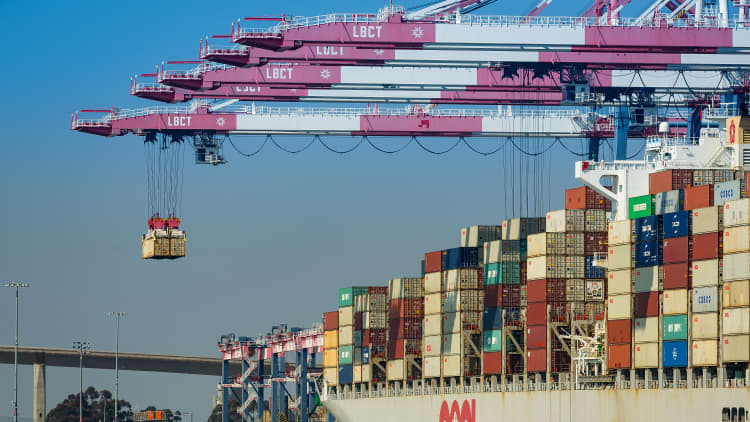Apple's iPhone, umbrellas and shoes were some of the goods that made up the $505 billion worth of China-made products imported to the U.S. in 2017.
While many items imported to the U.S. are not taxed, American import duties totaled up to $33.1 billion that year — or about 1.4 percent of the total value of all imported goods, according to Pew Research Center. That percentage makes U.S. import tariffs among the lowest in the world, the Washington-based think tank said.
Still, many economists say increased tariffs would hurt not only the countries targeted by U.S. duties, but also the American economy itself.
"Any trade restriction is going to reduce trade and that's not going to be good for China and obviously not good for the U.S. in the long run," Hashem Pesaran, an economist at the University of Southern California, told CNBC.
A number of U.S companies have said increased tariffs hurt their businesses and increase prices for consumers.
"At the end of the day you become less efficient economically and therefore everybody will somehow suffer from it," Pesaran said.
However, many — including Pesaran — remain positive about the fate of global trade.
"I somehow am optimistic that it won't go that far," he said. "One thing we've learned as economists, is that trade is good for everybody."



